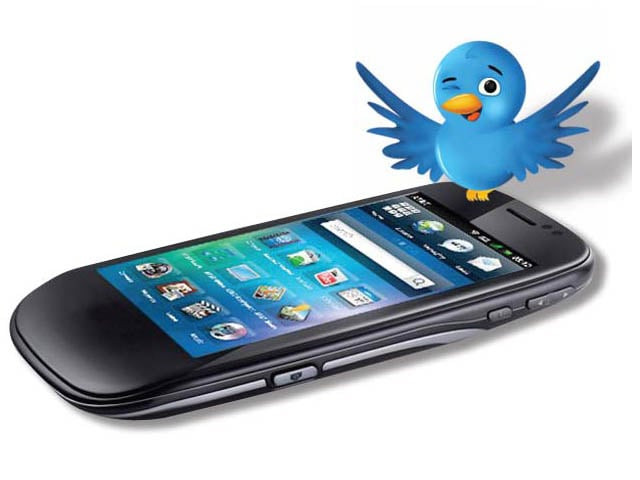The Smartphone, an introduction
Smartphones and tablets may replace desktops and laptops sooner than you might have thought.

Everyone expected that the hardware of the phone would be important. They were wrong and it turned out to be the least significant aspect. The user experience was really all about the operating system (OS) – the programme that runs on your phone allowing you to interact with it.
The OS turned out to be the heart and soul of what would define how people perceive their phones; similar to how Apple’s OS is what actually differentiates Macintoshes from other computers running Microsoft’s Windows.
The hardware on these phones was not such a big deal. Intel and other large microprocessor developers had done it all before. The concepts were well understood and the phone makers just had to add some ideas in order to make them work.
The Smartphone was proven to be commercially viable by Apple’s iPhone. Since then, everyone jumped on the bandwagon, making you feel a twinge of guilt for Steve Jobs.
The iPhone’s touch screen was a big deal for a year or so before competitors were able to come out with touch screens phones that worked just as well. The other internals, including the processor, were even easier to duplicate.
What really made the iPhone an attractive prospect was its software. To say that it broke barriers is an understatement. The interface did not just work, it felt right. Pinching to zoom, dragging and dropping, scrolling – all of these ‘gestures’ seemed like second nature.
And that was just half of it. The sales of the phone were brisk. Programmers’ interests were piqued by the option to develop software applications for the phone and make money from their sales. Furthermore, the applications were cheap and new versions came out relatively quickly.
The phone needed to be hacked to use pirated applications, which voided its warranty, making the use of pirated applications a very unattractive option for most users.
Until recently, phones only had software that their manufacturers deemed necessary for users. And what they deemed necessary was very basic. The new way of letting programmers earn money for their applications was a much better idea as it allowed not only for more creativity, but also innovation.
A particular developer even managed to use the phone’s motion sensor to turn the device into a pedometer via an application.
According to reports, today Apple’s ‘app’ store has more than 225,000 applications and about five billion downloads. Indeed, we have come a long way since the time when all major cell phone manufacturers had a monopoly of sorts on the applications that were available to users.
Published in The Express Tribune, October 11th, 2010.



















COMMENTS
Comments are moderated and generally will be posted if they are on-topic and not abusive.
For more information, please see our Comments FAQ